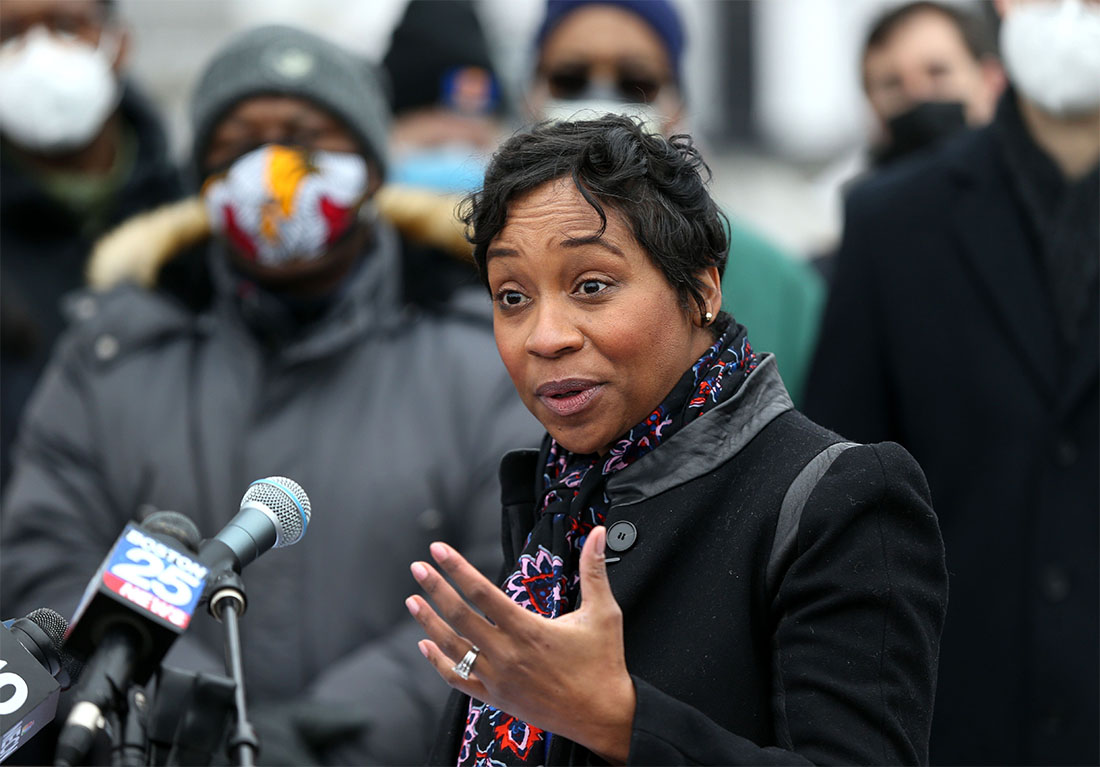
UBER AND LYFT ORDERED TO PAY THWUR DRIVERS $32.50 PER HOUR AFTER A LONG BATTLE


Photo Credit: Getty Images A disturbing new development has emerged in the ongoing case against...
Photo Credit: Getty Images In a landmark decision, the US Supreme Court has unanimously ruled that...
Photo Credit: Getty Images Elon Musk has ignited a firestorm by accusing President Donald Trump of...
Photo Credit: Getty Images UnitedHealthcare, one of America's largest health insurers, has...
Photo Credit: Getty Images In a move that rekindles the controversy of his first term, President Donald...
Photo Credit: Getty Images The unexpected rift between two of America's most prominent figures has...
Photo Credit: Getty Images Elon Musk recently announced his resignation from the Department of...
Photo Credit: Getty Images Yurong Luanna Jiang, a Chinese graduate of Harvard University, has...
Photo Credit: Getty Images Six people were injured Sunday in what the FBI immediately described as...
Photo Credit: Getty Images A catastrophic transport incident released approximately 250 million...
Photo Credit: Getty Images On May 30, 2025, President Donald Trump stirred controversy with a...
Photo Credit: Getty Images Canada is once again at the mercy of nature's fury as out-of-control...